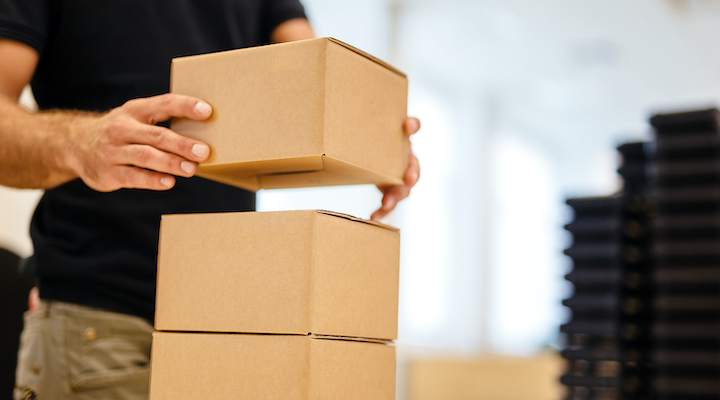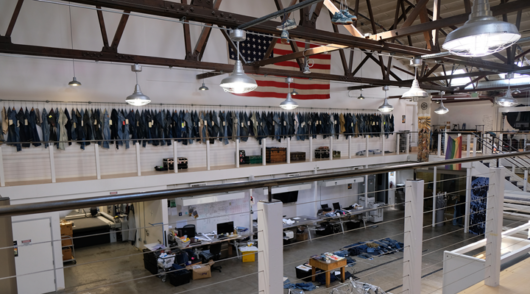Australian B2B marketplace TradeSquare has expanded its reach by creating a spin-off solution – TradeSquare Connect – that allows businesses that do not otherwise have a wholesale offer to launch one using its platform.
TradeSquare Connect already has more than 100 brands signed up to the feature which integrates between their TradeSquare store and their own existing website, optimising sales to wholesale customers no matter which interaction point they connect with the company through.
“This solution means that small brands, manufacturers and retailers traditionally selling only direct to consumers can now set up a wholesale channel at almost no establishment cost, using the robust technology platform that we have developed that supports everything a business needs to become a wholesale business,” says Nati Harpaz, co-founder of Tradesquare.
Early adopters include Koala, Cheap as Chips and The Paw Grocer, who are now using TradeSquare’s platform to manage their wholesale business and virtual showroom. Retailers can differentiate between their pure retail offer and their wholesale business operation, with pricing information and purchasing ability on TradeSquare strictly limited to Australian-registered businesses and other commercial entities – not consumers.
“Our purpose is simple – we want to give SME businesses, both buyers and sellers access to a digital platform which helps them with doing business and improving productivity,” explains Harpaz. “We have seen pet-grooming businesses buying dog treats and dog accessories, news agencies buying gifts, and childcare businesses buying educational toys.”
Since its launch in Australia early last year, TradeSquare has grown to cover more than 150,000 products from 600 merchants, all of them local Australian businesses. The company says sales are continuing to grow at a double-digit rate every month.
Harpaz says TradeSquare’s development and launch were timely given the advent of the Covid crisis, which is now causing serious supply chain challenges all over the world, especially in remote international markets like Australia.
“The supply-chain disruption has proven to be a significant catalyst in driving more SMEs to start sourcing supplies and stocks locally as Australian manufacturers and wholesalers have ramped up their production capacity, and local sourcing arrangements, to maintain supplies to customers within Australia.”
There are already signs of a pre-Christmas purchasing rush beginning with consumers being warned by retail industry groups that supply chain interruption could reduce the volume and choice of stock available at Christmas. At the same time, accommodation providers and the hospitality sector are expecting a huge upswing in domestic travel and entertainment as vaccination rates across the country increase, allowing a progressive relaxation in lockdowns and social-distancing requirements.






